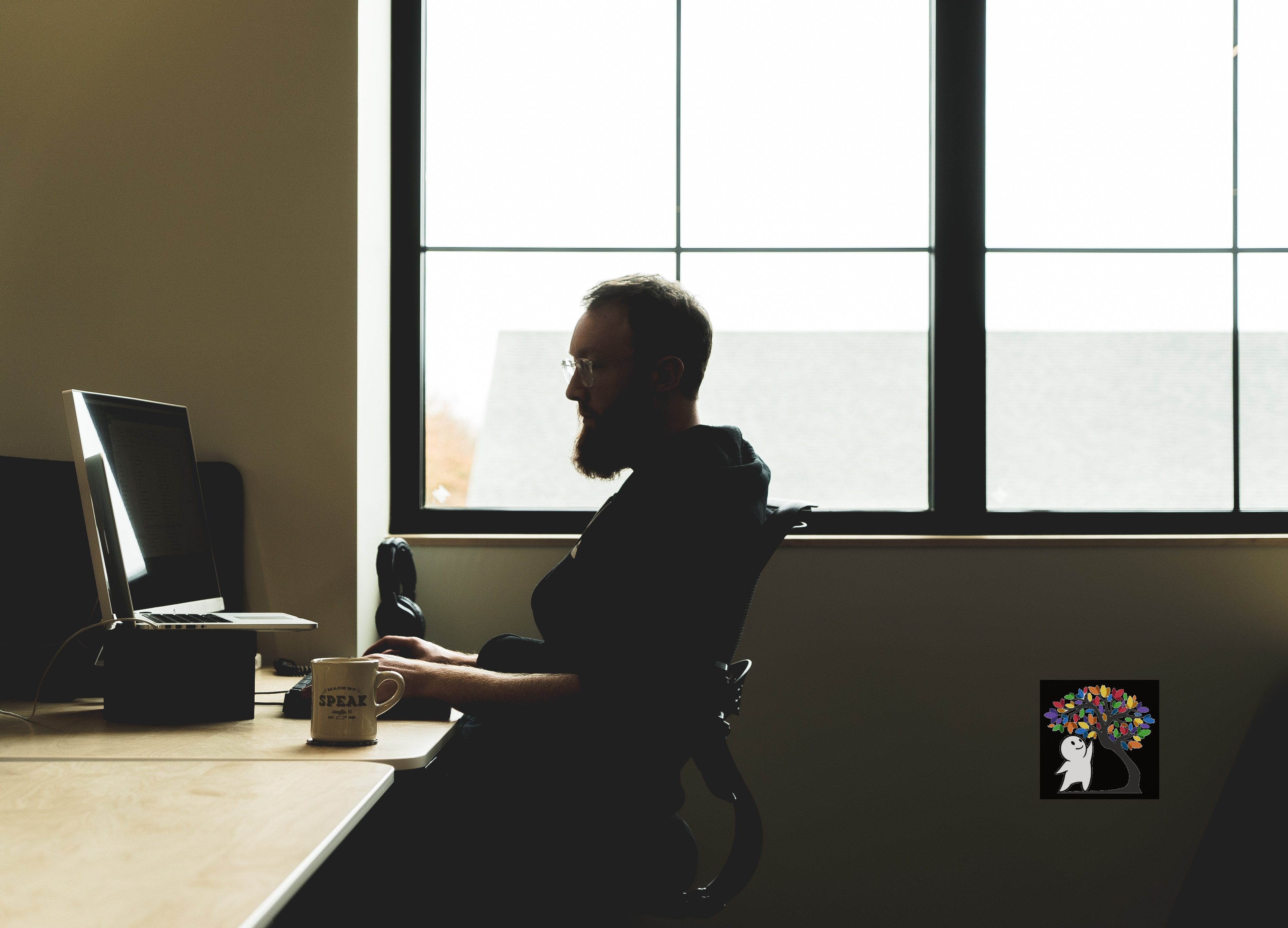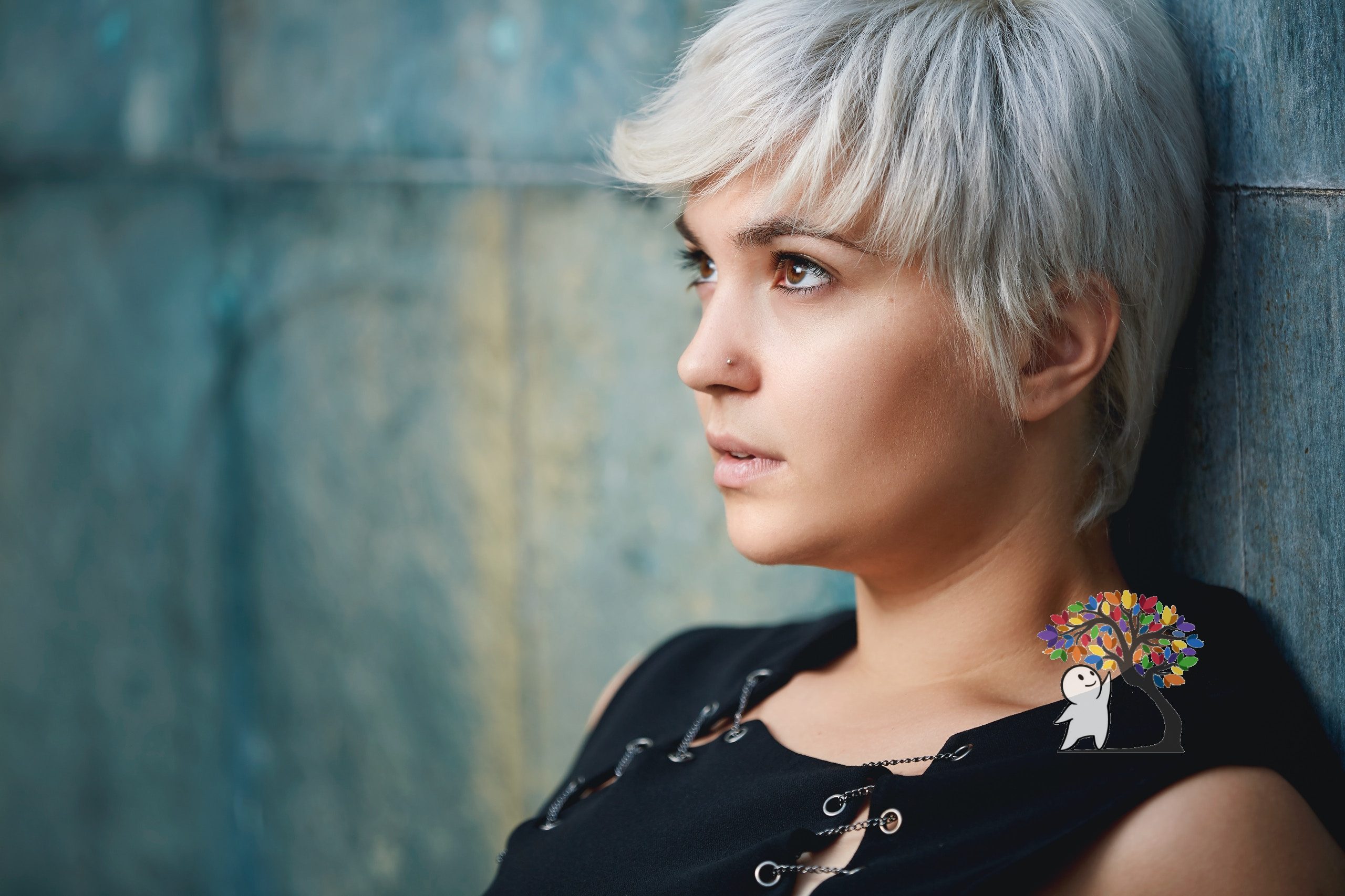How U.K Millennials View Mental Health

The U.K has a very diverse view on mental health. Some people believe its a serious problem and needs more funding and staff to help people. Others believe this to be untrue, and don’t view it as a serious problem. I wanted to know if this was a generational divide or simply peoples’ opinions regardless of age. This is my fourth article covering this subject. Previously, I interviewed the Greatest Generation (born before the end of WW2), Baby-Boomers (born between 1946-1964) and Generation X (born 1965-1979) to find out their opinions on mental health in the U.K.
In this article, I am interviewing the generation that followed Generation X – Millennials. Millennials were born between 1980- 1999. This generation is the the one that is most known for talking about their mental health. I’ve read thousands of headlines about ‘Millennial Snowflakes’ and how we’re more affected by things compared to the older generations and I wanted to find out if this is the case. Obviously, these two interviewees aren’t representative of a whole generation. These are just their thoughts on the matter.

Is the topic of mental health something you have heard a lot about in the news/social media?
Hollie Smith, 18 – Recently, yes. Not that long ago, it wasn’t really something that was talked about, whether that was because I was too young to remember, I don’t know. But very recently, it’s definitely something I’ve heard about more on social media.
Vivian de Koning, 23 – Not on the news. But more on social media. When it actually IS on the news, it’s usually about someone who has committed a crime, which isn’t the best representation, let’s be real.
Do you think speaking up about mental health is seen as a positive or negative thing?
Hollie – I think it’s mostly a positive thing as people can say how they’re truly feeling. But I think the negative people see in it is that people nowadays like to manipulate the topic to their own beneficial needs. There’s not a day I don’t go online and see a ‘#relatable’ tweet about depression which, to me, is not something everyone claims they have or want. Because for the people who are seriously mentally ill and depressed, it can make the topic seem mediocre and minimal when it needs to be taken seriously.
Vivian – I think this depends on who you ask. There are always people who don’t want others to speak up about issues, and there are undoubtedly people who joke about it (like the jokes about #metoo). But there will always be people who say that it’s important to speak up about mental health.

The mental health conversation has been very active in recent years. Do you think this has affected the way your generation thinks about emotions like anxiety?
Hollie – I think it definitely has. Our generation sees emotions like anxiety in a few different lights, taking anxiety as an example. Anxiety is either seen as a ‘cute’ trait by people who are naive to the severity of the emotion when it is a disorder, or it is seen as what it is. Which is that dark pit in the bottom of your stomach which, for people dealing with mental health issues, feel when they have a job interview or when they’re awaiting the results of a test, or anything else people with anxiety disorder feel when they’re in a ‘casual’ everyday situation.
Vivian – From what I’ve seen, it definitely made anxiety and depression more acceptable, which is kind of worrying to me. Because now there are people out there who think it’s NORMAL they feel like that, while they actually should be getting help to lead a happier life.
Do you think talking about mental health more has helped people better understand it?
Hollie – I think it’s helped the majority to understand it more and to take it into account more. But I also think some people are still unaware of the severity of mental health and how it should be seen as equal to physical health. You may be healthy in the flesh, but your mind is everything, and you should have the support you need to have the main thing that makes you feel healthy.
Vivian – Yes. If you don’t talk about something, you cannot gain knowledge about it.

Has social media influenced the way you think about mental health? For example, has it made the topic feel like less of a taboo?
Hollie – It’s changed the way I think about it because it’s made it feel like less of a taboo. But it’s also become so socialised that I think people have tried to manipulate the topic and have lost the fact that the topic, yes, should be spoken about in confidence. But everyone who deals with mental health should be respected and taken into account before you tweet about ‘who else wants to die? Retweet this!’
Vivian – Yes, definitely. For me, the way mental health is discussed on social media has made it a lot more accessible. So when I hear about a mental illness, I am likely to google what it is. If you don’t hear about it, you can’t think about it, since there are no concepts to consider if you haven’t heard of them.
I think it’s clear to see from these responses that Millenials are more aware of the impact social media has on mental health than traditional media likes to portray. I’m glad that as a generation we’ve been able to identify the positives and negatives when drawing attention to a topic like mental health, and are still able to recognise the things that need to be done in order to help.
Edited by Viveca Shearin



Responses